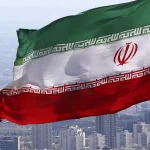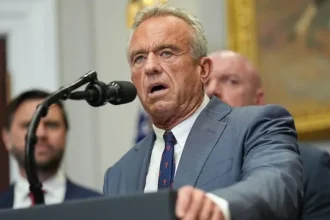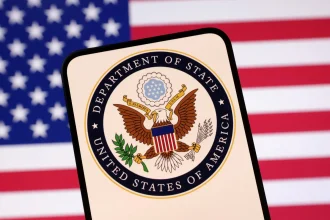South Africa has strongly criticized a United States’ State Department report describing its human rights situation as “deteriorating,” calling the assessment inaccurate and politically motivated.
The rebuke comes just days after the Trump administration imposed 30% tariffs on several South African exports, marking the highest trade penalties levied against any sub-Saharan African nation.
In its annual human rights report released Tuesday, the U.S. accused South Africa of taking “a substantially worrying step towards land expropriation of Afrikaners and further abuses against racial minorities.”
The document specifically referenced a controversial land reform law signed by President Cyril Ramaphosa this year that permits expropriation without compensation in exceptional cases—a policy repeatedly condemned by President Donald Trump.
South Africa’s foreign ministry issued a sharp response, stating: “We find the report to be an inaccurate and deeply flawed account that fails to reflect the reality of our constitutional democracy.” The ministry expressed “profound disappointment” with the findings, which emerge amid ongoing trade tensions between the two nations.
Land ownership remains a volatile issue in post-apartheid South Africa, where white farmers still control most agricultural land nearly three decades after the end of racial segregation. The government maintains its land reform policies aim to address historical injustices, while critics warn of potential economic repercussions.
Despite the diplomatic friction, Pretoria continues seeking negotiations with Washington—its third-largest trading partner—to protect critical export sectors. Tens of thousands of jobs in agriculture, automotive manufacturing, and textiles hinge on maintaining access to U.S. markets following the punitive tariffs.







